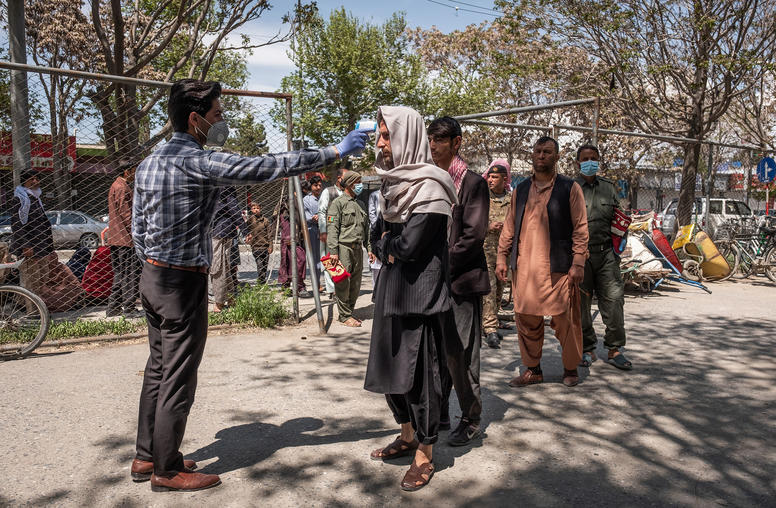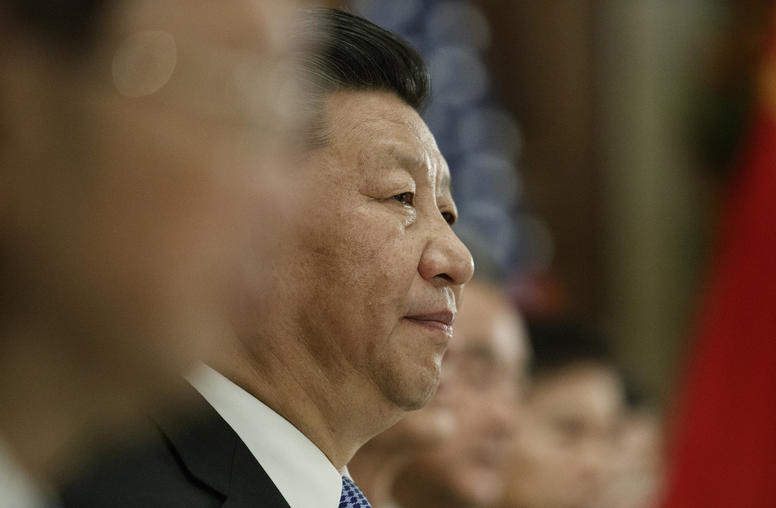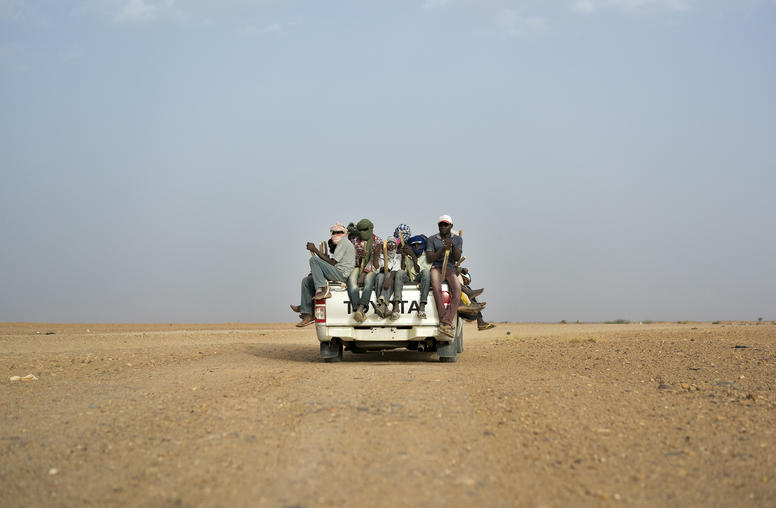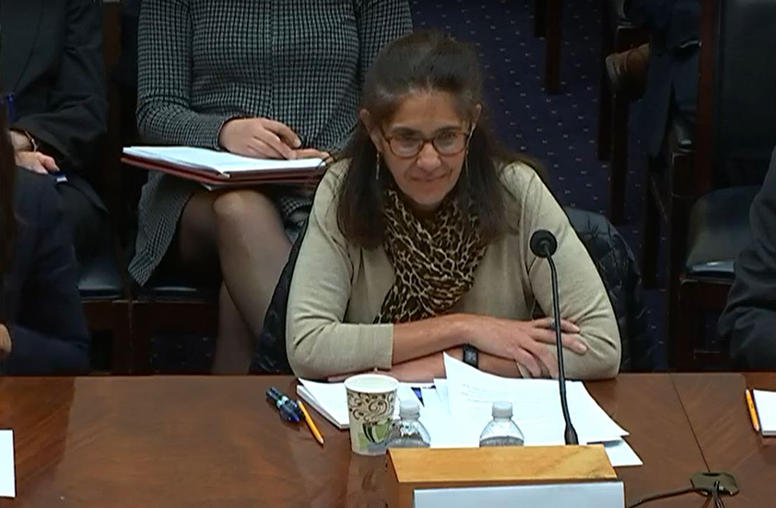Question And Answer
Publications
Articles, publications, books, tools and multimedia features from the U.S. Institute of Peace provide the latest news, analysis, research findings, practitioner guides and reports, all related to the conflict zones and issues that are at the center of the Institute’s work to prevent and reduce violent conflict.

The Dangers of Coronavirus in Conflict Zones
The health and economic implications of the coronavirus pandemic threaten to reverse decades of development progress. While the international community has mobilized substantial sums of aid and financing to address the pandemic and its impacts, the scale of the crisis demands an even more ambitious response. With the virus’s peak still ahead for many countries, there remains an opportunity to rally support for international collaboration on preventive measures that could stave off the worst-case scenario while addressing underlying sources of fragility.

Scott Worden on the Afghan Power-Sharing Deal
A political deal to resolve the disputed 2019 presidential election was finally reached over the weekend. USIP’s Scott Worden says the agreement “is quite significant” because it will give the Afghan side “more political coherence to negotiate with the Taliban and, if implemented, it will show the Taliban they can’t divide Afghans.”

China’s Periphery Diplomacy: Implications for Peace and Security in Asia
China’s foreign policy is expanding in scope and depth and now reaches across the globe. Yet its diplomatic efforts focus on its own complex neighborhood. To advance these interests, China’s leaders practice an interlocking set of foreign affairs activities they refer to as “periphery diplomacy.” This report details the main tools Beijing uses to engage the countries with which it shares borders, assesses the campaign’s effectiveness, and lays out the implications for peace and security in Asia.

Jacob Stokes on China’s Hong Kong Policy
After Beijing passed a new law curtailing freedom in Hong Kong, protests have again erupted in the territory. USIP’s Jacob Stokes says Hong Kong’s democracy poses a threat to Beijing’s legitimacy, and that if China “can’t produce enough economic growth … then that threat … becomes much more acute.”

Illicit Drug Trafficking and Use in Libya: Highs and Lows
This report explores how illicit drug trafficking and drug use in Libya has shaped and been shaped by the country’s ongoing conflict. Drawing on hundreds of interviews and dedicated research, it examines Libya’s pre-2011 illicit economy, delves into the social impact of drugs, and focuses on drug use on the frontlines of Libya’s ongoing conflict, the corrosive impact of drug trafficking and use on the justice and security sector, and how trafficking and organized crime undercut peacebuilding and state consolidation.

Amb. Richard Olson on the India-Pakistan Crisis
Last week, tensions between India and Pakistan—sparked by a suicide attack claimed by a Pakistan-based terrorist group—put the world on notice. “The United States has reached a point where it believes that the militants operating out of Pakistan are … a threat, not just to India and to Afghanistan and our forces in Afghanistan, but … a threat to the long-term stability of the Pakistani state,” says Richard Olson, a former U.S. ambassador to Pakistan.

Patricia Kim on North Korea Diplomacy
Patricia Kim analyzes the failure of the Hanoi Summit. “China should lean in,” says Kim discussing the spectrum of tools Beijing has available from diplomacy to unilateral sanctions. In future negotiations, the U.S. should focus on “hammering out a clearly defined and time bound roadmap that ends with the de-nuclearization of North Korea.”

Scott Smith on What’s Next in the Afghan Peace Process
The Afghan government and Taliban announced an agreement on a prisoner exchange this week, but it remains unclear what comes next. With the presidential election still undecided, “The question is if this is the beginning of a new peace strategy on the part of President Ghani, will he be the president a few months from now to carry that strategy forward?” asks USIP’s Scott Smith.

What’s Next for Lebanon? Examining the Implications of Current Protests
Mona Yacoubian, senior advisor for Syria, Middle East and North Africa, testified on November 19 at the House Foreign Affairs Subcommittee on Middle East, North Africa, and International Terrorism's hearing on “What’s Next for Lebanon? Examining the Implications of Current Protests.” Her expert testimony as prepared is presented below.

Lucy Kurtzer-Ellenbogen on the Latest with the Israeli-Palestinian Conflict
As Israel appears headed for another election, the U.S. has reversed its long-standing position on the legality of Israeli settlements. The decision, according to USIP’s Lucy Kurtzer-Ellenbogen, “comes after a long stream of events that’s made the possibility of bringing the parties back to the table extremely hard to imagine.”